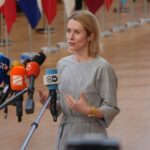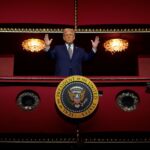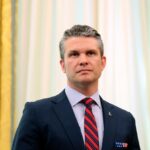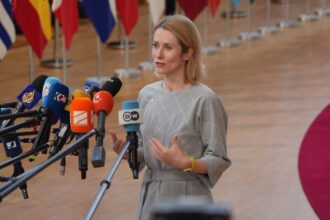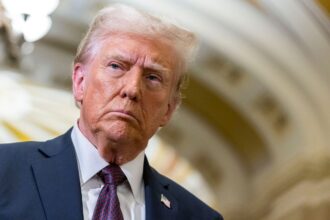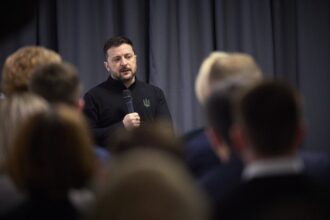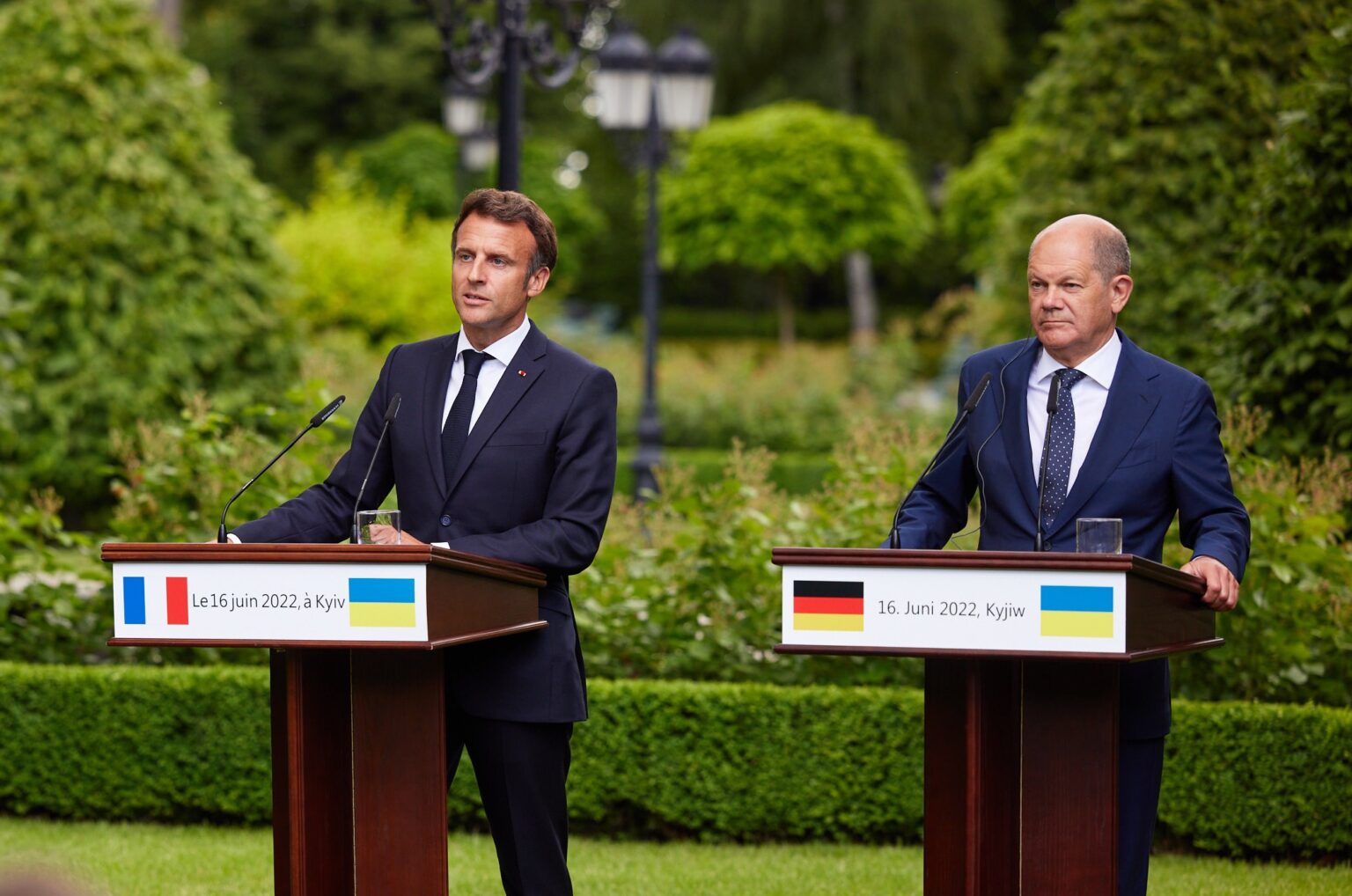Two EU countries – France and Germany – have not backed a proposal that seeks to override Hungary’s veto, which blocks more than six billion euros of aid to Ukraine.
The impasse in the funding of Ukraine’s aid highlights a growing rift within Europe‘s unified framework for foreign policy. The EU is faced with a difficult task in maintaining its support of Ukraine while maintaining its institutional integrity. This situation exposes the vulnerability of the EU’s requirement for unanimous consent and raises concerns about the bloc‘s ability to effectively respond to geopolitical crisis when faced with internal resistance.
Bloomberg reported that the European External Action Service had floated the idea of allowing member countries to make voluntary contributions towards the European Peace Facility, which is used for funding military equipment. This would allow for future funds to be distributed based on the consent from contributors, rather than unanimous support.
People familiar with the issue say that some member states have expressed concerns about setting a precedent which could threaten the future of EPF as an instrument for foreign policy. Bloomberg writes that the EPF currently relies on mandatory contributions, based on the economic weight of each member state, and requires unanimity to disburse funds.
In some countries, voluntary contributions might require approval from national parliaments. This would add another layer of complexity. The French and German governments refused to make a formal statement.
Hungary has been vetoing disbursements to Ukraine for more than a full year. This has led other member states to seek alternative solutions. The people who spoke on condition of anonymity said it’s not clear how much support will be generated by the voluntary plan. This move could require the support of all 27 member states.
Viktor Orban, the Prime Minister of Hungary, has blocked EU efforts to help Ukraine stop Russia’s invasion. The Russian invasion is now in its third year. The Hungarian leader who maintains close ties with the Kremlin was heavily criticized by EU leaders after visiting President Vladimir Putin in Moscow just a few months after taking over the rotating presidency of the EU.
In response, the European Commission, which is the executive arm of the bloc, said that it would not send top officials to several informal meetings held this year in Hungary as part of Hungary’s presidency.
Emmanuel Macron, the French president, and Orban’s team discussed the topic of Ukraine assistance during a dinner held at the Elysee on 22 October when Orban visited. A person familiar with the situation said that the two leaders had a conversation about the topic. During the dinner, the two leaders discussed ways to strengthen their cooperation in the areas of energy and defense.
Diplomats are already discussing how to protect the aid from a veto due to Hungary’s intransigence on funding for Ukraine. Since Russia’s invasion, the EPF has approved seven packages totaling EUR3.5billion as well as EUR2billion for ammunition.
Related:
* Diplomatic dispute between Hungary and Croatia about Ukraine
* Politico: Seven NATO member countries oppose immediate invitation to Ukraine for membership
* Politico: EU eyeing new Russia sanctions as Hungary’s presidency nears an end
* Hungary talks with Gazprom about additional gas supplies by 2025
* EU proposes voluntary contribution to bypass Hungary’s veto over Ukraine aid
Read More @ euromaidanpress.com
